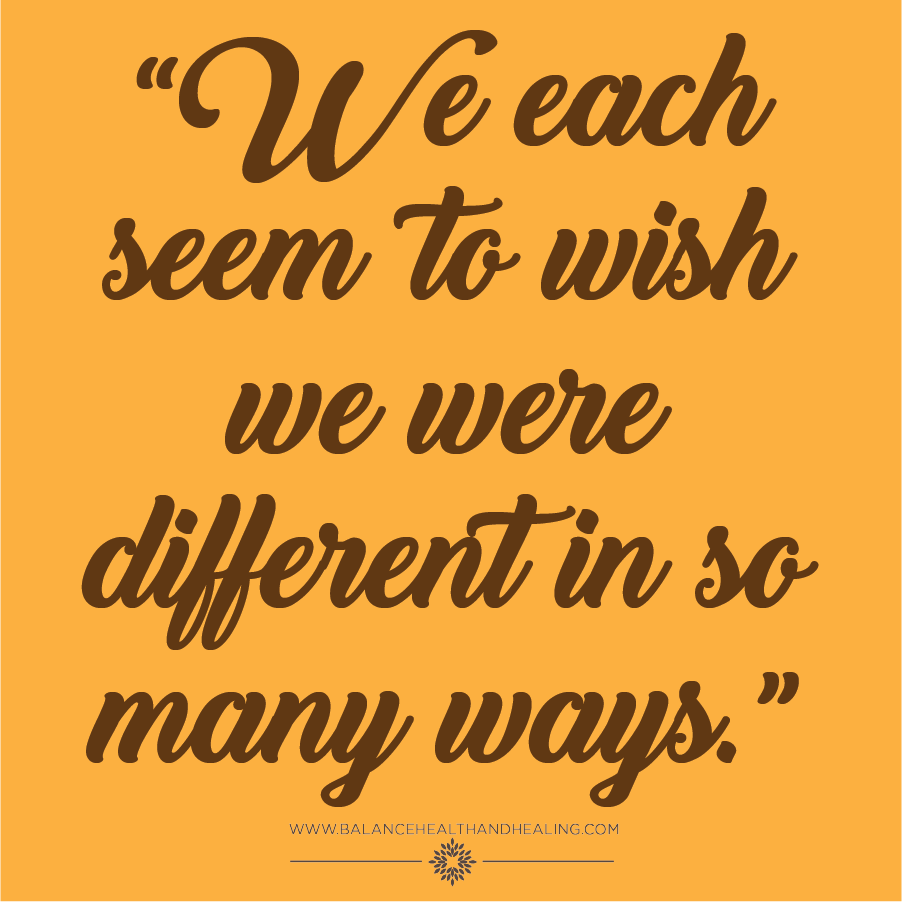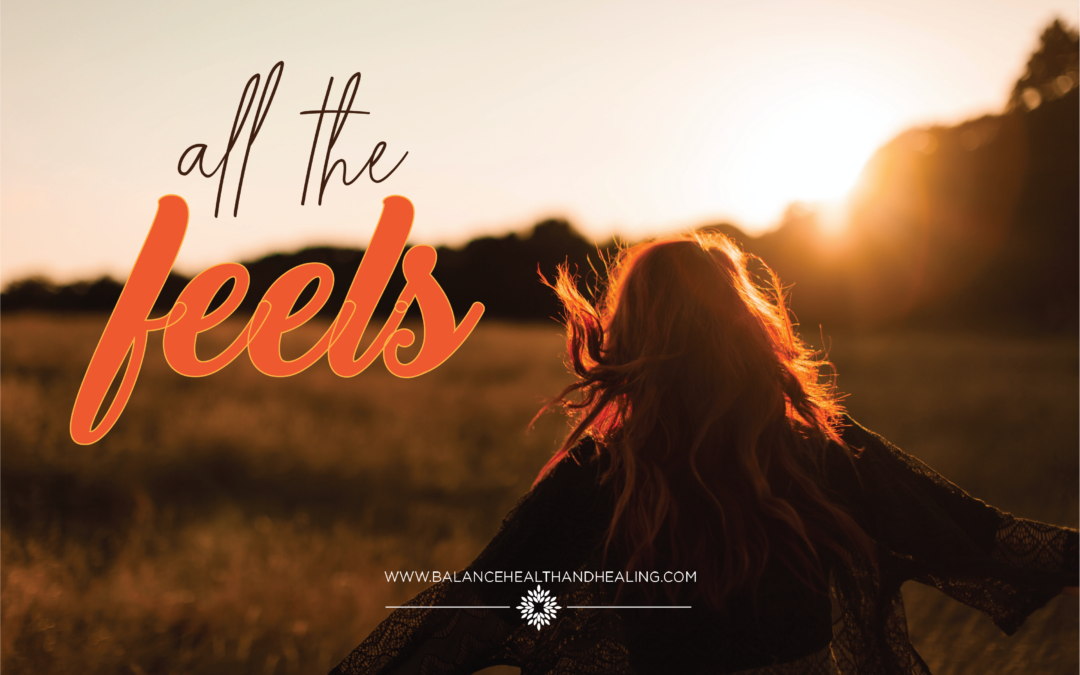 Recently, I’ve had a lot of people disclose to me that they wish they could be less [insert mental flogging device here]. The end of that sentence often looks something like “perfectionistic” or “depressed” or “reactive” or “anxious” or “opinionated” or “attention seeking”. Sometimes it’s the opposite, and people wish they were more [insert mental flogging device here]. The end of this sentence often looks something like “slimmer” or “fitter” or “a better mother” or “kind” or “creative”. As you can tell…we are a complex bunch, aren’t we? We each seem to wish we were different in so many ways.
Recently, I’ve had a lot of people disclose to me that they wish they could be less [insert mental flogging device here]. The end of that sentence often looks something like “perfectionistic” or “depressed” or “reactive” or “anxious” or “opinionated” or “attention seeking”. Sometimes it’s the opposite, and people wish they were more [insert mental flogging device here]. The end of this sentence often looks something like “slimmer” or “fitter” or “a better mother” or “kind” or “creative”. As you can tell…we are a complex bunch, aren’t we? We each seem to wish we were different in so many ways.
I see some of these wishes as a way of denying humanity. We each have a need to be heard, or to be seen, and I think if we don’t feel heard or seen, we seek to meet those needs by coming across as opinionated or attention seeking. Is there anything inherently wrong with holding thoughts and opinions on things, or needing to be noticed? No. It makes you what you are – a human. So why try and stop being that?
TO BE HUMAN
In therapy, I often hear clients say that they don’t want to feel anxious or depressed any longer. That is totally understandable – of course you don’t want to feel hard feelings! We naturally move away from difficulty and move toward pleasure. However, feeling every feeling on the spectrum of human emotions is part of being human! We are going to feel anxious and depressed from time to time, and that is part of being a complex human. Obviously, when it interferes with your ability to function, you need to seek treatment. But let yourself off the hook with the idea that something is wrong with you if you have a depressed or anxious feeling from time to time, because that is simply what it means to be a living, breathing human.
HUMAN FEELINGS
Sometimes I wonder if we live in a society that has ostracized bad days and negative feelings so much that we feel like we are being cheated and wonder if we have a psychological disorder because we feel certain feelings – like anxiety or like depression. Please know that the occasional low feeling, or feeling nervous before a test, or feeling panicked when walking alone at night, does not (on its own) mean that you have a disorder and need treatment. It means you are a human who responds to their situations. I feel anxious before I teach, sad when things don’t turn out as I’d hoped, and angry if someone wrongs me. These are human feelings, not psychopathological feelings, so please stop getting down on yourself for feeling human feelings!
are being cheated and wonder if we have a psychological disorder because we feel certain feelings – like anxiety or like depression. Please know that the occasional low feeling, or feeling nervous before a test, or feeling panicked when walking alone at night, does not (on its own) mean that you have a disorder and need treatment. It means you are a human who responds to their situations. I feel anxious before I teach, sad when things don’t turn out as I’d hoped, and angry if someone wrongs me. These are human feelings, not psychopathological feelings, so please stop getting down on yourself for feeling human feelings!
The spectrum of human emotions contains sadness, anger, happiness, jealousy, curiosity, excitement, nervousness, and a multitude of other feelings. If you feel these feelings, congratulations – you are a human! We judgmentally approach our feelings, labelling some as OK to feel, and trying to exile others. Why have we labeled some feelings as good and some feelings as bad? Why are some feelings friends and some feelings enemies?
When you notice feelings coming up for you, try to non-judgmentally hold your feelings and curiously explore them instead of condemning them. Instead of asking “what’s wrong with me?” try to ask “how can I support myself through this feeling?” Sometimes that support can look like taking a moment to explore where the feeling is coming from, or what it feels like in your body. Sometimes that support can look like making some time for self-care. Sometimes that support can look like reaching out to a trusted friend or family member who can understand what you’re feeling. As a human too, they will probably have experienced similar feelings at some point in their life.
In this way, our painful and difficult feelings can unite us. Instead of turning inward with shame when you feel something hard, turn outward toward loved ones, knowing our feelings unite us as humans. Our feelings are part of our common humanity. Instead of isolating your feeling, share it and explore the beauty of being a human – with all the ups and downs that brings.

